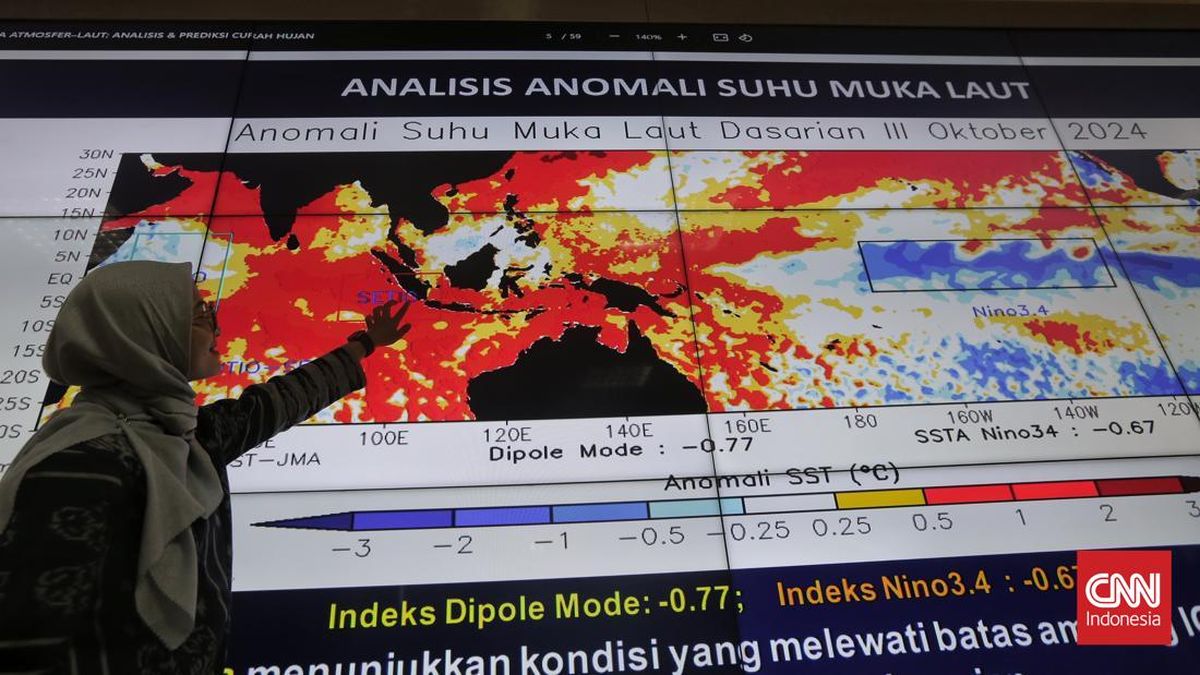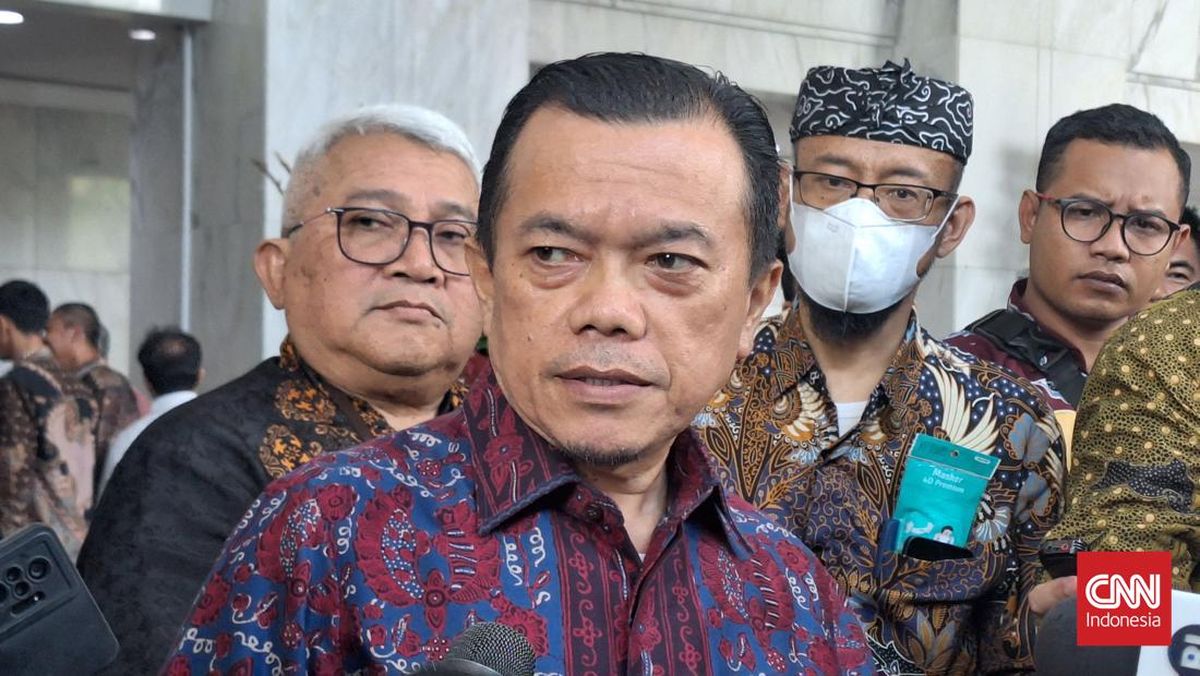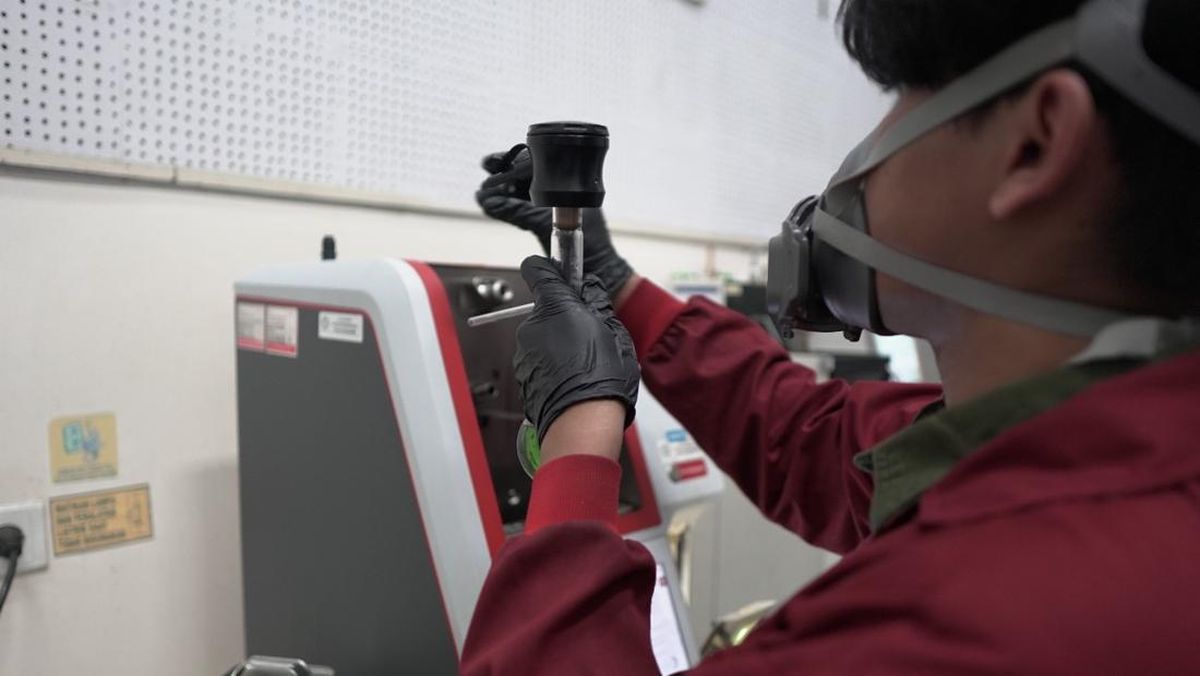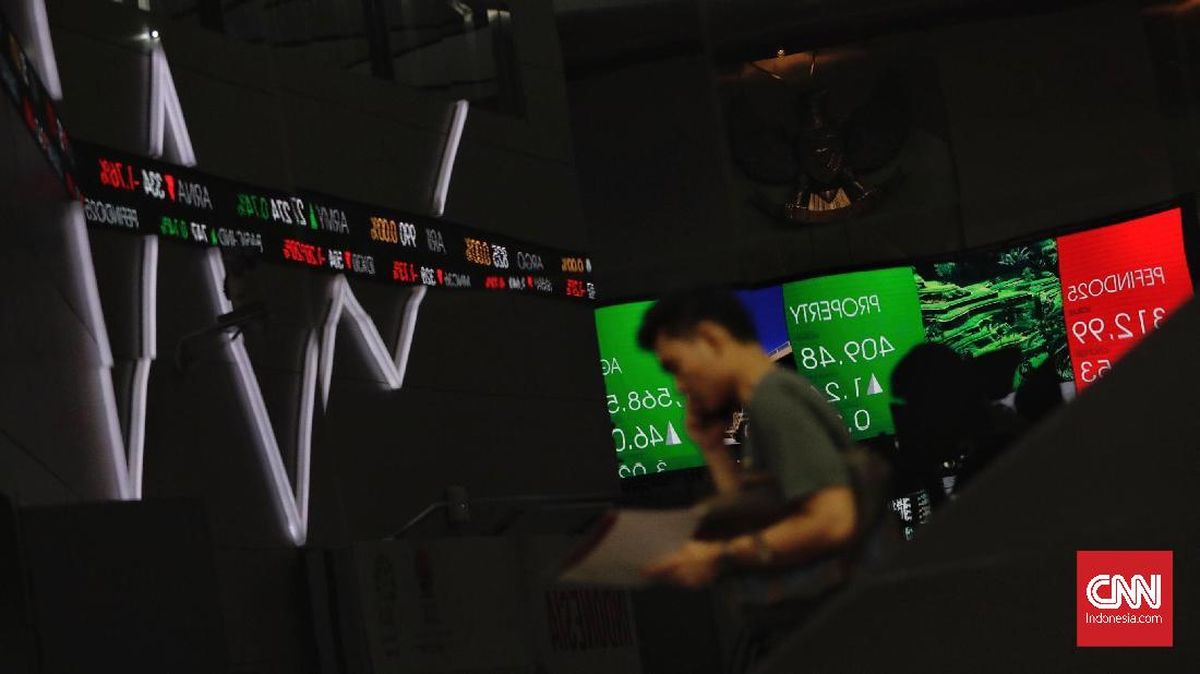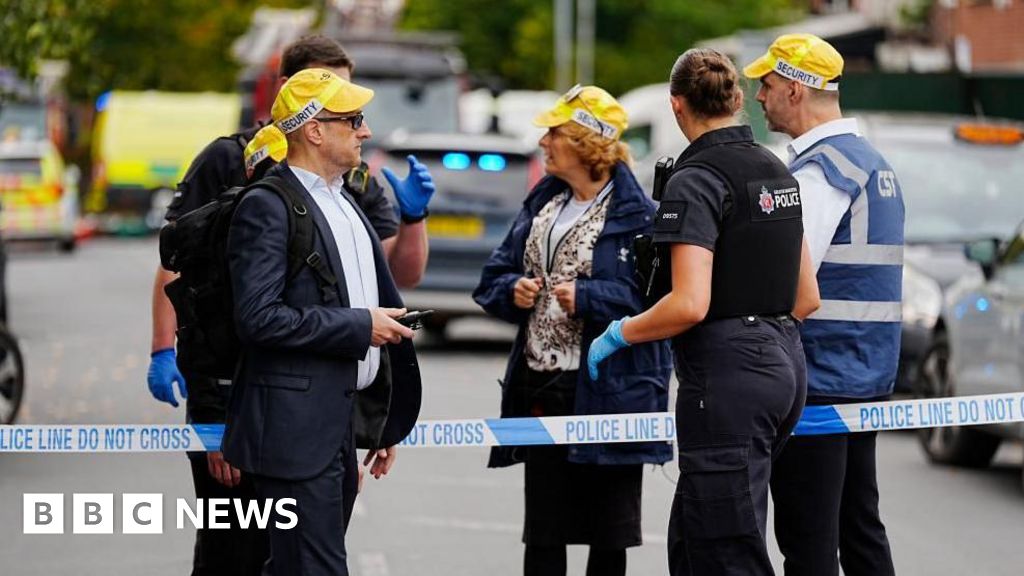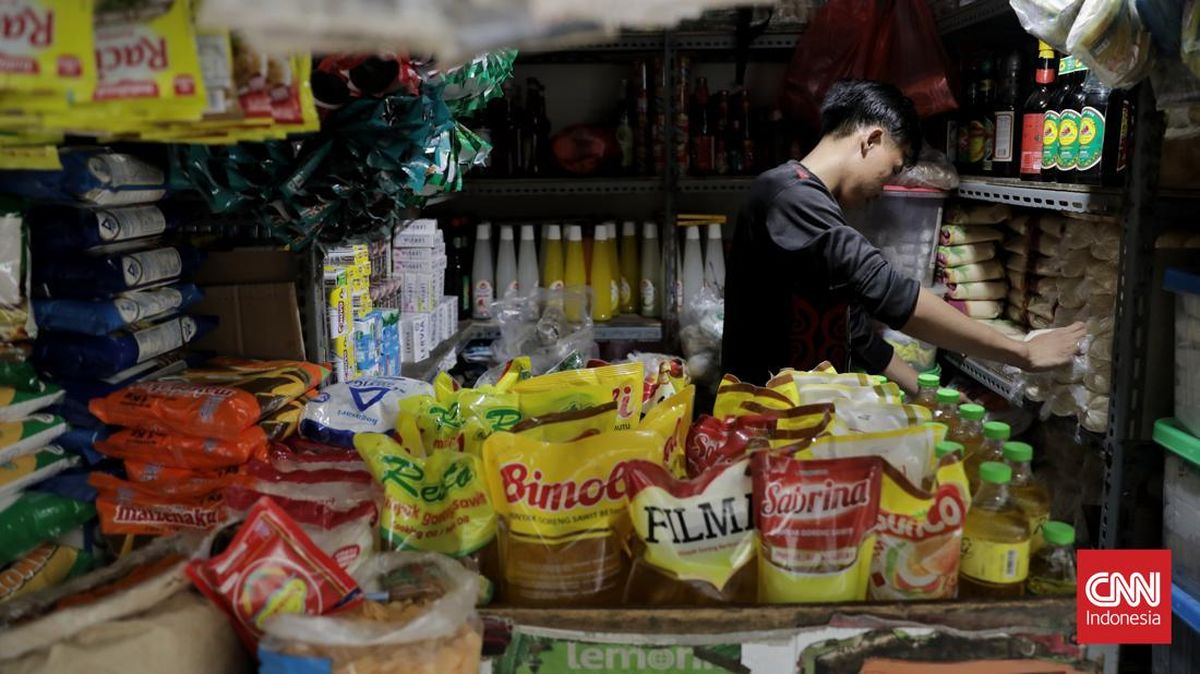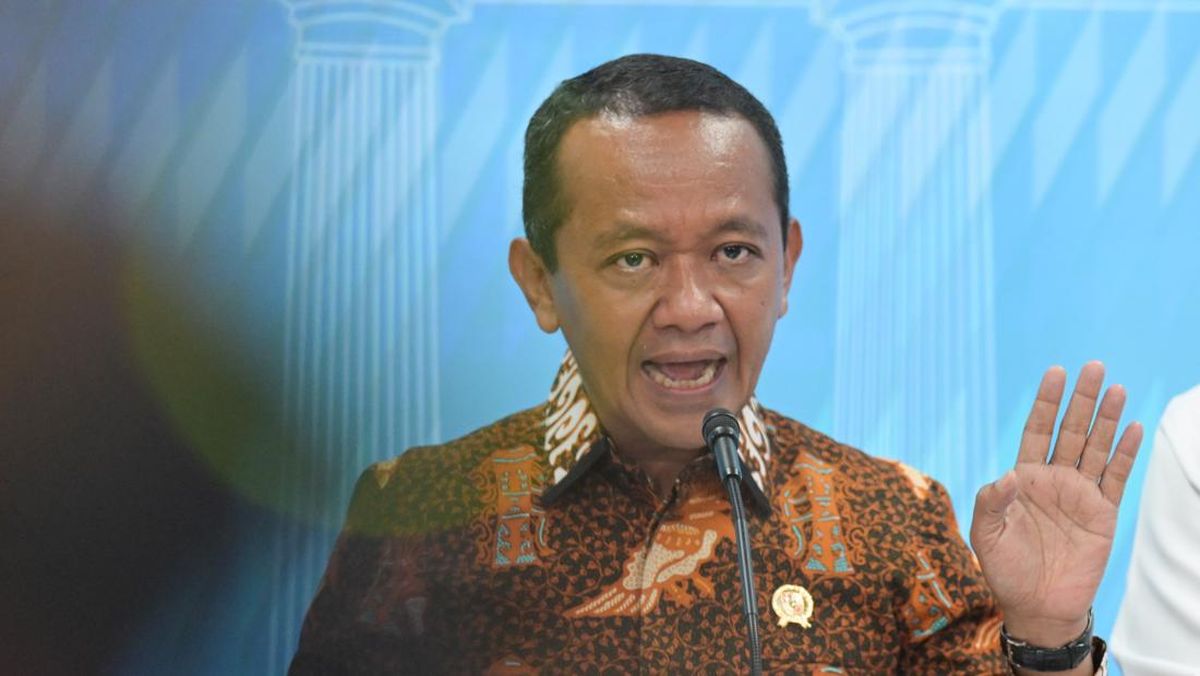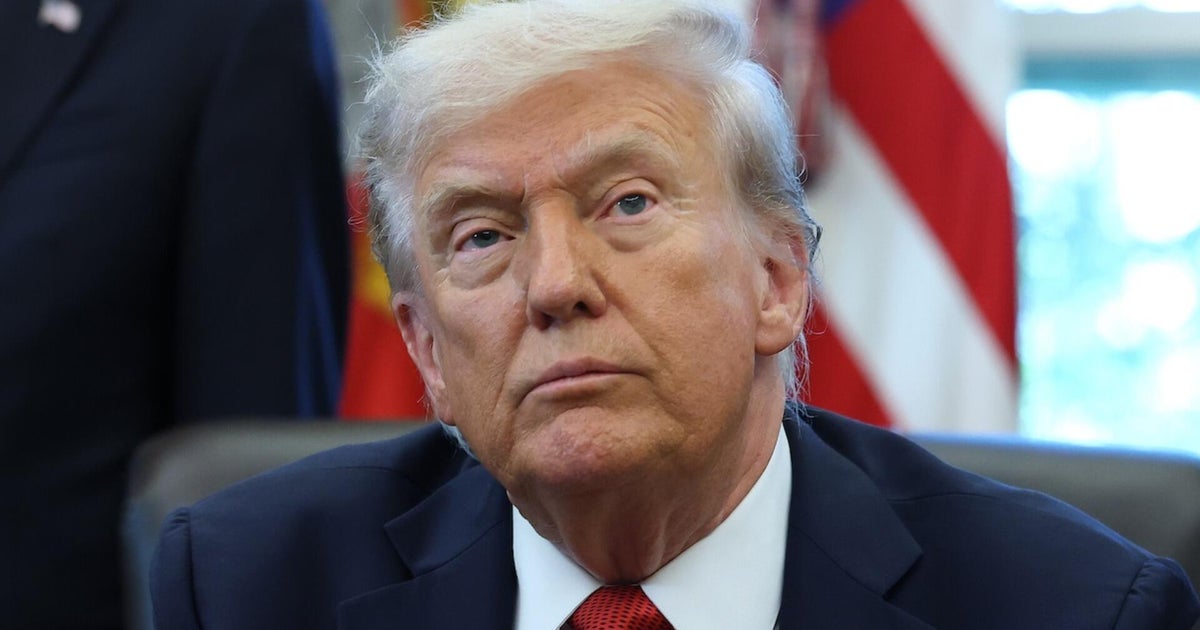Jack FenwickPolitical correspondent
The UK's most senior prosecutor has said a case involving two men accused of spying for China collapsed because he could not obtain evidence from the government referring to China as a national security threat.
Sir Keir Starmer has said the government was only able to draw upon the previous Conservative government's assessment of China, which only went as far as calling the country an "epoch-defining challenge".
Charges against Christopher Cash, 30, and Christopher Berry, 33 - who both deny the allegations - were dropped by prosecutors in September, prompting criticism from ministers and MPs.
The director of public prosecutions, Stephen Parkinson, said there was sufficient evidence to prosecute at the time charges were brought in April 2024, but that a precedent set by another spying case had raised the threshold needed to convict people under the Official Secrets Act.
He said the Crown Prosecution Service had made "efforts to obtain" further evidence from the government "over many months" but that the witness statements provided did not meet the threshold needed to continue with the prosecution.
Mr Parkinson said the evidence would have needed to represent China as "a threat to national security" at the time of the alleged offences by Mr Cash and Mr Berry.
But the prime minister has said that the government's description of China could not change retrospectively and had to be based on "the position of the last government".
The government has always maintained it is "frustrated" that the trial collapsed and Mr Parkinson's intervention comes after weeks of speculation about why the prosecution could not continue.
Mr Cash, a former parliamentary researcher, and Mr Berry, were accused of gathering and providing information prejudicial to the safety and interests of the state between December 2021 and February 2023.
Under the Official Secrets Act, anyone accused of spying can only be prosecuted if the information they passed on was useful to an enemy.
Last month Mr Parkinson said in a letter that "the case could no longer proceed to trial since the evidence no longer met the evidential test", but said he could not go into the reasons why.
In his latest letter, sent to MPs, he said he was taking the "unusual" step of sharing more details because "government briefings have been provided commenting on the evidential situation".
Mr Parkinson said a trial earlier this year involving Bulgarian nationals who had been spying for China, ruled that under the Official Secrets Act, an enemy "includes a country which represents at the time of the offence, a threat to the national security of the UK".
He said that meant "further evidence should be obtained" from the government in order to proceed with the prosecution but said the evidence was not "forthcoming".
Mr Parkinson added: "Efforts to obtain that evidence were made over many months, but notwithstanding the fact that further witness statements were provided, none of these stated that at the time of the offence China represented a threat to national security."
The Sunday Times previously reported that senior Whitehall officials met to discuss the trial early last month before the charges were dropped.
Number 10's press secretary said on Monday "the suggestion that the government withheld evidence, withdrew witnesses or restricted the ability of a witness to draw on a particular bit of evidence are all untrue".
Since last year's general election, the Labour government has shown signs of wanting to re-set ties between the UK and China and is conducting what it calls a cross-Whitehall "audit" of Britain's relationship with the country.
In October 2024, David Lammy became only the second foreign secretary in six years to visit China, where he said Beijing and London should "find pragmatic solutions to complex challenges".
The UK's national security adviser Jonathan Powell, one of Sir Keir Starmer's most senior advisers and political allies, also visited the country earlier this year.
The trip, which took place in July, was not announced by the UK government, but became public when the Chinese government released details of a meeting between Mr Powell and the Chinese foreign minister Wang Yi.
Beijing said Mr Powell had "expressed Britain's willingness to enhance dialogue and communication with China to build a stable, practical and long-term partnership".

 2 hours ago
3
2 hours ago
3
